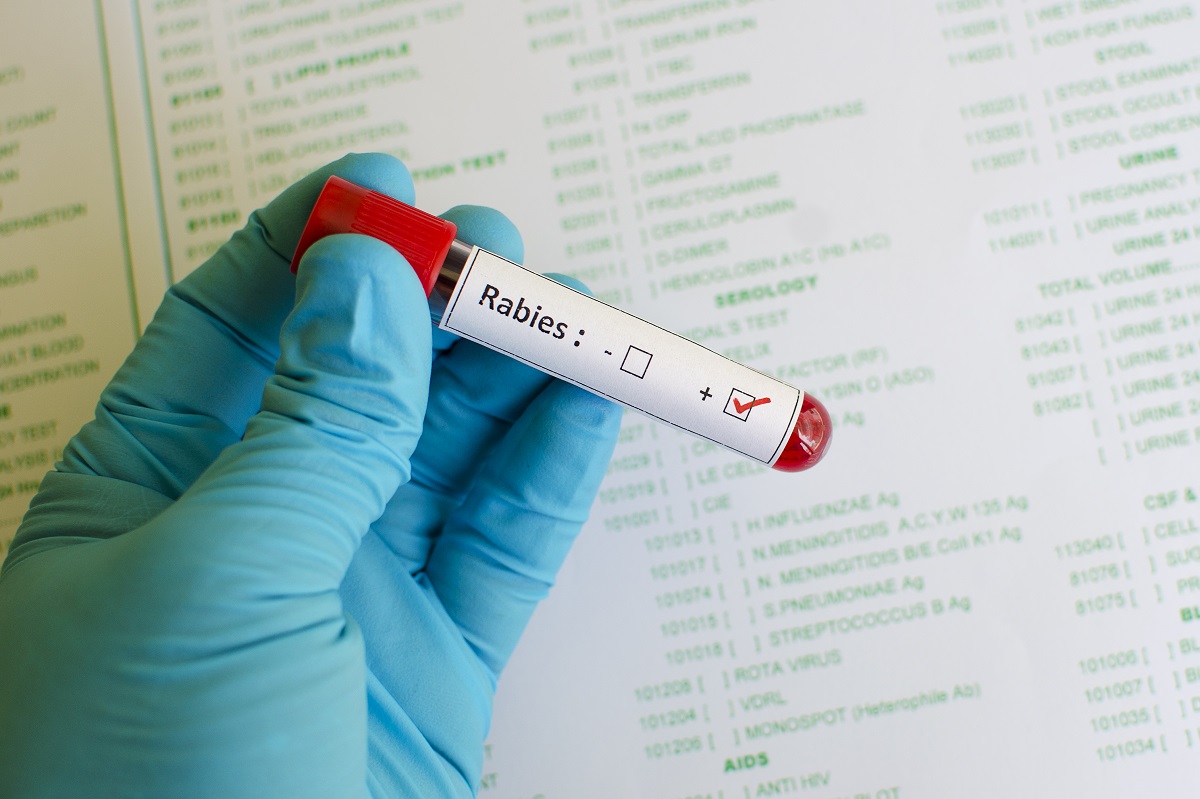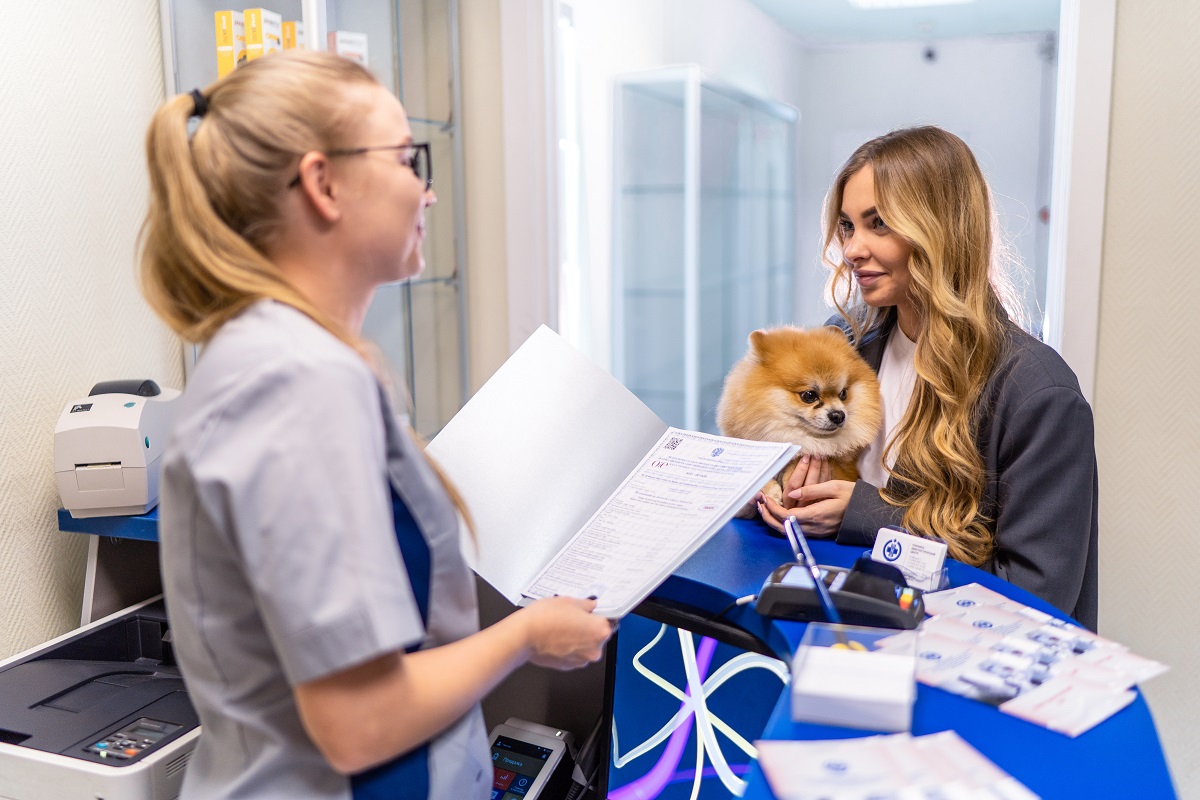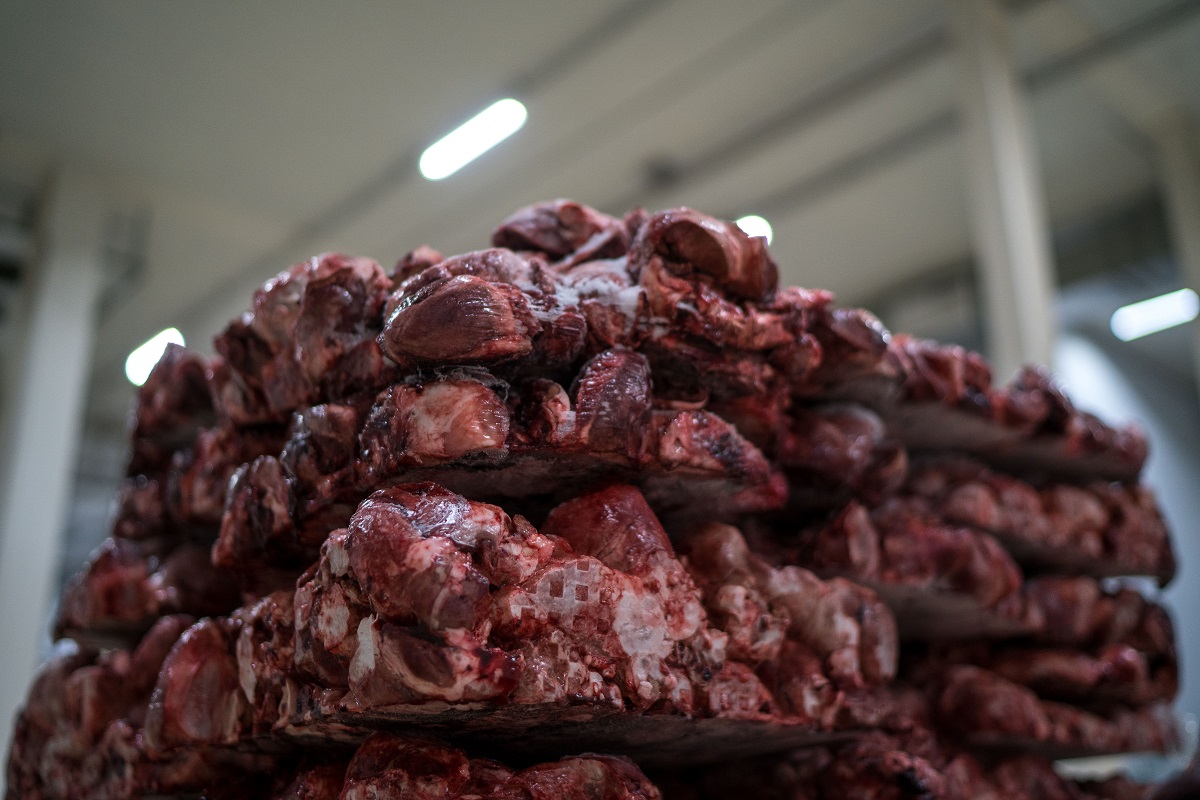Thus, 54 rabies cases in animals were reported in Russia in June 2022. In May there were 55 cases, 70 in April, and 81 in March.
The largest number of species infected with rabies in June were revealed among dogs – 24 cases.
Besides that, 11 cases were reported in cats and the same number in foxes.
Some cases were reported in badgers (1), hedgehogs (1), raccoons (1), raccoon dogs (1), rats (1), and jackals (1). Besides that, one infected animal was registered in cattle and one among horses.
Most cases of animal rabies were reported in June in Nizhny Novgorod, Vladimir, Pskov, Chelyabinsk, Moscow, Tver and Tula regions.
Information Note: Rabies is an infectious disease caused by the Rabies virus. The virus causes encephalitis (inflammation of the brain) in animals and humans. It travels along neural pathways into the central nervous system and affects the brain.
People get infected through animal bites, scratching, or licking (the virus being transmitted through saliva). To prevent infection, wounds and other areas that have been in contact with saliva have to be washed thoroughly with soap and running water, then hydrogen peroxide and iodine should be applied.
After that one should seek immediate medical attention and take a course of anti-rabies vaccination (immunization against rabies).









